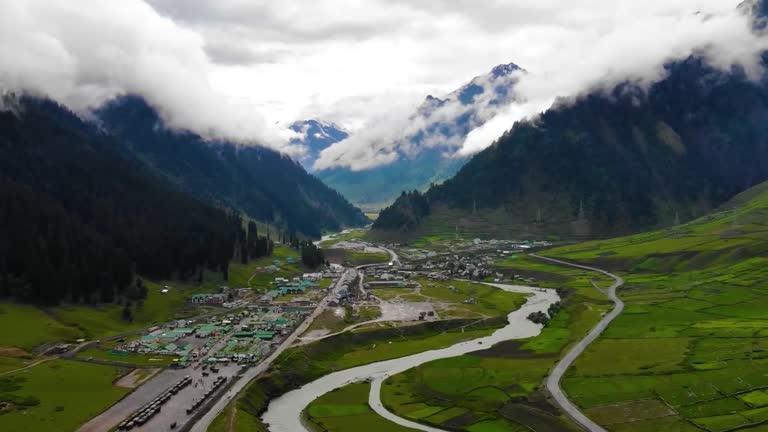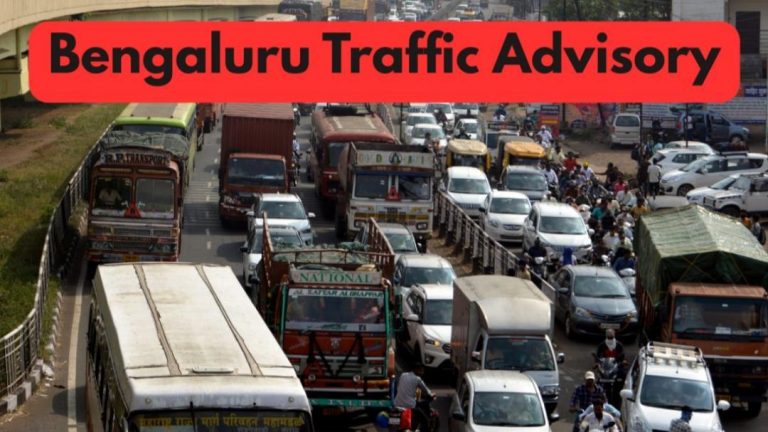
Over 83,000 non-state subjects received J&K domicile: State Govt
The Jammu and Kashmir state government has recently released a startling statistic, revealing that over 83,000 people, or “non-state subjects”, have received domicile certificates in the state over the past two years. This information was shared in a written reply to a question posed by PDP’s Waheed ur Rehman Para, in which the Jammu and Kashmir Revenue Department stated that a total of 35,12,184 certificates were issued through the department during this period.
These domicile certificates are issued to individuals who are not permanent residents of Jammu and Kashmir but have been living in the state for a significant period. The certificates are used to prove residency and are often required for various purposes, such as voting, employment, and education.
The statistic has raised concerns among many in the state, particularly those who are concerned about the impact on the local population and the economy. The state’s domicile certificate rules were modified in 2019, allowing more people to apply for the certificate, which has led to a surge in applications.
The Jammu and Kashmir government has defended the move, stating that the domicile certificates are issued to individuals who have made significant contributions to the state’s economy and society. The government has also emphasized that the certificates are not a guarantee of citizenship, but rather a proof of residency.
However, critics argue that the move has led to a flood of outsiders moving to the state, which could have a negative impact on the local population and the economy. They also argue that the government has not done enough to ensure that the benefits of the domicile certificates are shared equitably among all sections of society.
One of the main concerns is that the influx of outsiders could lead to a dilution of the state’s unique identity and culture. Jammu and Kashmir has a distinct cultural and linguistic heritage, which is shaped by its unique history and geography. Many worry that the influx of outsiders could lead to a loss of this identity and a homogenization of the state’s culture.
Another concern is that the domicile certificates could lead to a disruption in the state’s delicate demographic balance. Jammu and Kashmir has a complex demographic landscape, with a majority Muslim population and a significant Hindu and Buddhist minority. The influx of outsiders could lead to a shift in the demographic balance, which could have far-reaching consequences for the state’s politics and economy.
Despite these concerns, the Jammu and Kashmir government has defended the move, stating that it is necessary to attract investment and talent to the state. The government has also emphasized that the domicile certificates are issued only to individuals who have made significant contributions to the state’s economy and society.
In recent years, Jammu and Kashmir has faced significant economic challenges, including a decline in tourism and a slowdown in the local economy. The government has been trying to attract investment and talent to the state to boost the economy and create jobs.
The domicile certificates are seen as a way to achieve this goal. By allowing more people to apply for the certificate, the government hopes to attract investment and talent to the state, which could lead to economic growth and development.
However, the move has also raised questions about the government’s commitment to the state’s unique identity and culture. Many in the state feel that the government is prioritizing economic growth over cultural preservation, and that the domicile certificates are a step towards erasing the state’s distinct identity.
In conclusion, the recent statistic that over 83,000 non-state subjects have received domicile certificates in Jammu and Kashmir over the past two years has raised concerns among many in the state. While the government has defended the move, stating that it is necessary to attract investment and talent to the state, critics argue that it could lead to a dilution of the state’s unique identity and culture.
The issue is complex and multifaceted, and requires careful consideration of the state’s unique history, culture, and economy. Ultimately, the fate of Jammu and Kashmir’s domicile certificates will depend on the government’s commitment to preserving the state’s unique identity and culture, while also promoting economic growth and development.
Source:
https://thecsrjournal.in/non-state-subjects-received-domicile-certificates-last-two-years-jk-govt/






